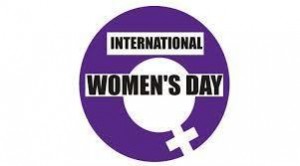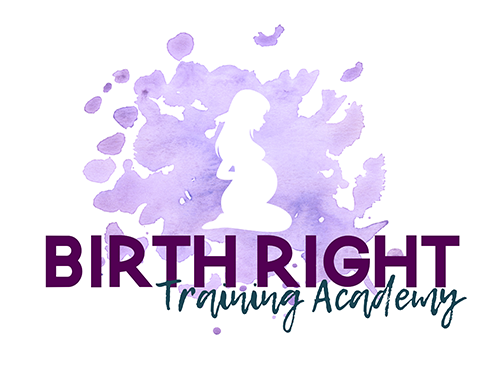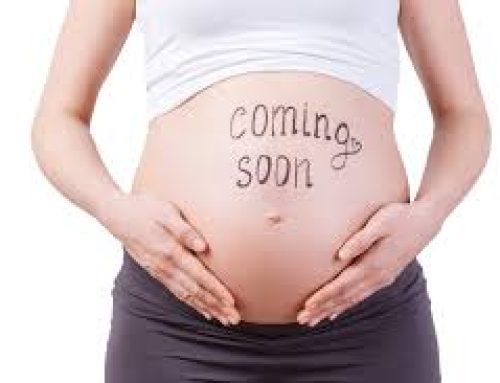 INTERNATIONAL WOMEN’S DAY 2015
INTERNATIONAL WOMEN’S DAY 2015
It is the 40th anniversary of International Women’s Day.
I want to pay particular attention to all women who are mothers. Maybe you are currently pregnant, and just beginning the process of becoming a new mother, or perhaps you are birthing around this time, or have teenage or adult children and grandchildren.
Mothers are special women who deserve special attention for we are creating the future of this country. We are bringing new people into a busy, crazy, challenging, exciting, and somewhat unsafe world.
What do we need to be saying to our children, both boys and girls about being a woman?
What does it mean in 2015 in Australia?
Women in the Workforce
‘Last year, under Australia’s leadership, G20 leaders committed to closing the workforce participation gap between men and women by 25% by 2025. This landmark commitment recognised the opportunity that women’s workforce participation presents around the world and the damage that continued underutilisation was having on global growth and the perpetuation of gender inequality.’
This really does seem extraordinary. Surely history will look back on this with disbelief that in 2015 we don’t have equality in many work places.
‘Around the world, women and girls continue to be vulnerable, experiencing poverty at higher rates than men and boys. The International Labour Organisation estimates that the Asia and Pacific region is losing between $42 and $47 billion annually because of women’s limited access to employment opportunities. In Australia, women continue to earn less than men and are over-represented in low-paying sectors such as childcare and retail.’
Birthing in Australia in 2015
Are pregnant and birthing women being offered the best care? Has it changed, for the better, for our mothers and babies?
Almost one-third of all births in Australia are now caesareans, according to the latest mothers and babies report from the Australian Institute of Health and Welfare.
The report states that the overall caesarean rate has reached 32.3% and 49% for women aged over 40 yrs.
If you were to look at individual caesarean rates, particularly by private obstetricians in private hospitals the statistics would be even more horrifying for Australia in 2015. Some private hospitals have 50-60% caesarean rates, which is outrageous.
The caesarean section rate in Australia remains among the highest in the world, with the average rate for OECD countries at 25%.
Many thousands of women are having unnecessary medical interventions in private hospitals, with strong incentives for obstetricians to schedule elective caesarean’s and induction of labour, so they can better manage their workload. They are also terrified of litigation, which, of course, is on the increase, being directly related to the increase in medical interventions.
So many studies, so many statistics, but it is much more than just the statistical increase in medical interventions. It is about women and how they are treated. I have been in this business for about 40yrs and think I can no longer be ‘surprised’ by what women are being told about birthing. BUT I AM!
Case study: Emily, visiting her private obstetrician and booked into a private hospital, was shocked at her 38wk check-up, when told that as her baby had not engaged in the pelvis at this late stage, and now unlikely to happen, he strongly suggested they just go straight to the elective caesarean (he happened to have a free spot on his theatre list for next week!)
Thankfully Emily discovered doulas, albeit at a late stage, and went into labour naturally at 40wks., laboured at home with the support of a doula, arrived at hospital fully dilated and birthed her baby, beautifully, on a mat on the floor, 1.5hrs. after arrival.
Emily was angry that she was “conned” potentially and blatantly lied to. Her obstetrician informed her that she was just lucky!
Sarah at 32 wks. took her carefully worded birth plan to her obstetrician, who tossed it aside, informing her that he takes no notice of birth plans because she just needed to trust him, afterall “I’m the captain of this ship”.
I hear many, many stories such as these. They are appalling. They are bullying, of the worst kind. They are diminishing. But most of all, they are shocking examples of discrimination to women and their babies. These women are intelligent, articulate and in any other aspect of their life are assertive, strong and have the ability to make sure they are on the right path. But not so, it seems, with pregnancy and birthing, such is the nature of the bullying tactics along with threatening language around putting baby at risk.
A WORD ABOUT DOCTORS AND BIRTHING
The definition of a doctor: ‘A person who is qualified to treat people who are ill’
So if you are a doctor, and a pregnant woman presents to you, stating she wants a normal birth, without any medical interference, this inevitably becomes quite challenging for the doctor. He is trained to ‘treat’ to intervene, to ‘fix’ to ‘make it better’.
I once had a private obstetrician in a private hospital confide in me that he felt the ‘need’ to medically intervene in a birth, to justify earning his fee!
I want all women to truly understand that being pregnant, birthing a baby and becoming a mother are NORMAL events. As women, this is what we are designed to do. There is nothing that needs ‘treatment’ or ‘fixing’.
So on International Women’s Day, in 2015, I want everyone to embrace supporting pregnant women in a positive way.
How?
Let’s start with changing the language. I believe if more positive language is used to pregnant and birthing women, it is a good beginning to change community attitudes.
Many, don’t think about the impact of what they are saying, will have on a new mother. If you have not had a wonderful birthing experience then own that, it is yours, and organise a birth debrief (details on our website).
Next time you are having a conversation with a pregnant woman, think about how truly amazing this woman is, for she is the most important person in the community, creating and growing a new person.
She is to be admired, congratulated and should be treated as a VSP (very special person)
Tell her that birthing a baby is the most wonderful and empowering time in her life. Embrace and enjoy the experience.
High caesarean section rates will only change if we eliminate the medicalised fear that is ‘sold’ to women and support our pregnant community in a positive and respectful way.
I hope that on International Women’s Day, in the not too distant future, we are rejoicing at our ‘normal’ birthing rates.




